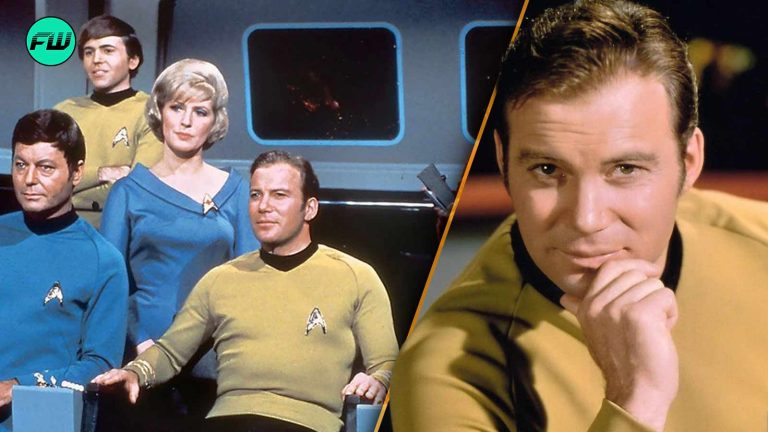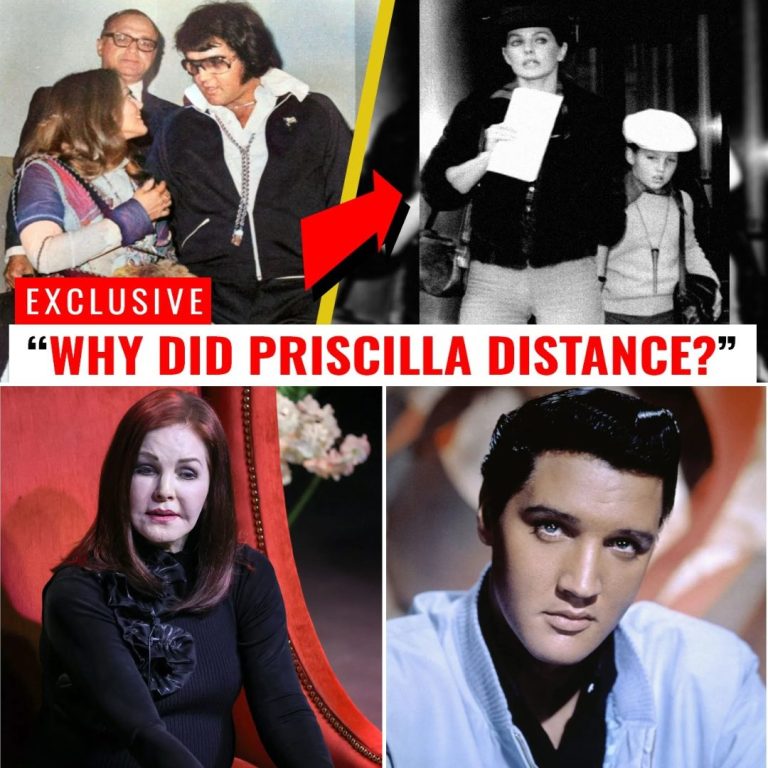After more than half a century of speculation, William Shatner—forever immortalized as Captain James T. Kirk—has broken his silence on the behind-the-scenes turmoil of Star Trek. Now 94 years old, Shatner’s revelations in his memoir Boldly Go pull no punches, peeling back the polished veneer of one of the most beloved franchises in television history to expose a story of rivalries, regrets, and redemption.
For decades, whispers followed him: accusations of arrogance, of hogging screen time, of alienating his castmates. His colleagues often painted him as self-centered, and fans wondered if the gallant Captain Kirk was secretly the villain off-camera. At long last, Shatner admits there was truth to the rumors. “I was horrified to learn this, ashamed that I hadn’t realized it,” he writes, confessing that his focus on the role blinded him to the feelings of those around him. But while some wounds have healed, others have festered for decades, fueling Hollywood’s most enduring feuds.
The bitterest of these remains his clash with George Takei, who played Sulu. What began as frustration over being overshadowed on set spiraled into one of Hollywood’s most infamous rivalries. Their tensions flared in public, from Shatner claiming he was deliberately snubbed from Takei’s wedding in 2008 to Takei mocking Shatner’s historic space flight in 2021. Shatner’s latest reflections suggest regret—but the bitterness between the two men appears as unyielding as ever.
Even more painful, perhaps, was the unraveling of his friendship with Leonard Nimoy, the man behind Spock and Shatner’s closest confidant. To fans, Kirk and Spock were inseparable, but reality told a different story. In his later years, Nimoy stopped responding to Shatner’s calls and letters, with no explanation. When Nimoy passed away in 2015, Shatner’s absence at the funeral ignited outrage, leaving Shatner devastated by questions that will never be answered. “I don’t know why it ended that way,” he admits, a confession that reveals wounds deeper than any onscreen rivalry.
Beyond the Star Trek stage lights, Shatner has faced tragedies that reshaped his life. The loss of his wife, Neren Kidd, in 1999, after a long battle with addiction, left him broken and consumed by guilt. He has since spoken openly about the limits of love, admitting that even his devotion could not save her. It remains one of the darkest chapters of his story.
And yet, even in his nineties, Shatner continues to defy expectations. In 2021, he became the oldest person ever to travel to space, fulfilling a dream worthy of Captain Kirk himself. But instead of joy, Shatner was overwhelmed with sorrow. Looking down at Earth, he was struck by grief for the fragility of the planet and the fleeting nature of human life. “This experience, it’s something unbelievable,” he said. “But instead of elation, I felt mourning.” The admission shocked fans who expected triumph, not tears.
Now, with nearly a century of life behind him, Shatner is rewriting his legacy. His revelations show that Star Trek was never just about warp drives and alien worlds—it was about human fragility, egos, friendships, losses, and the longing for connection. At 94, William Shatner is no longer just Captain Kirk; he is a man confronting his past, his regrets, and his mortality.
✨ The truth is finally here: even the brightest stars cast shadows. And for William Shatner, the final frontier has never been space—it has always been within himself.




